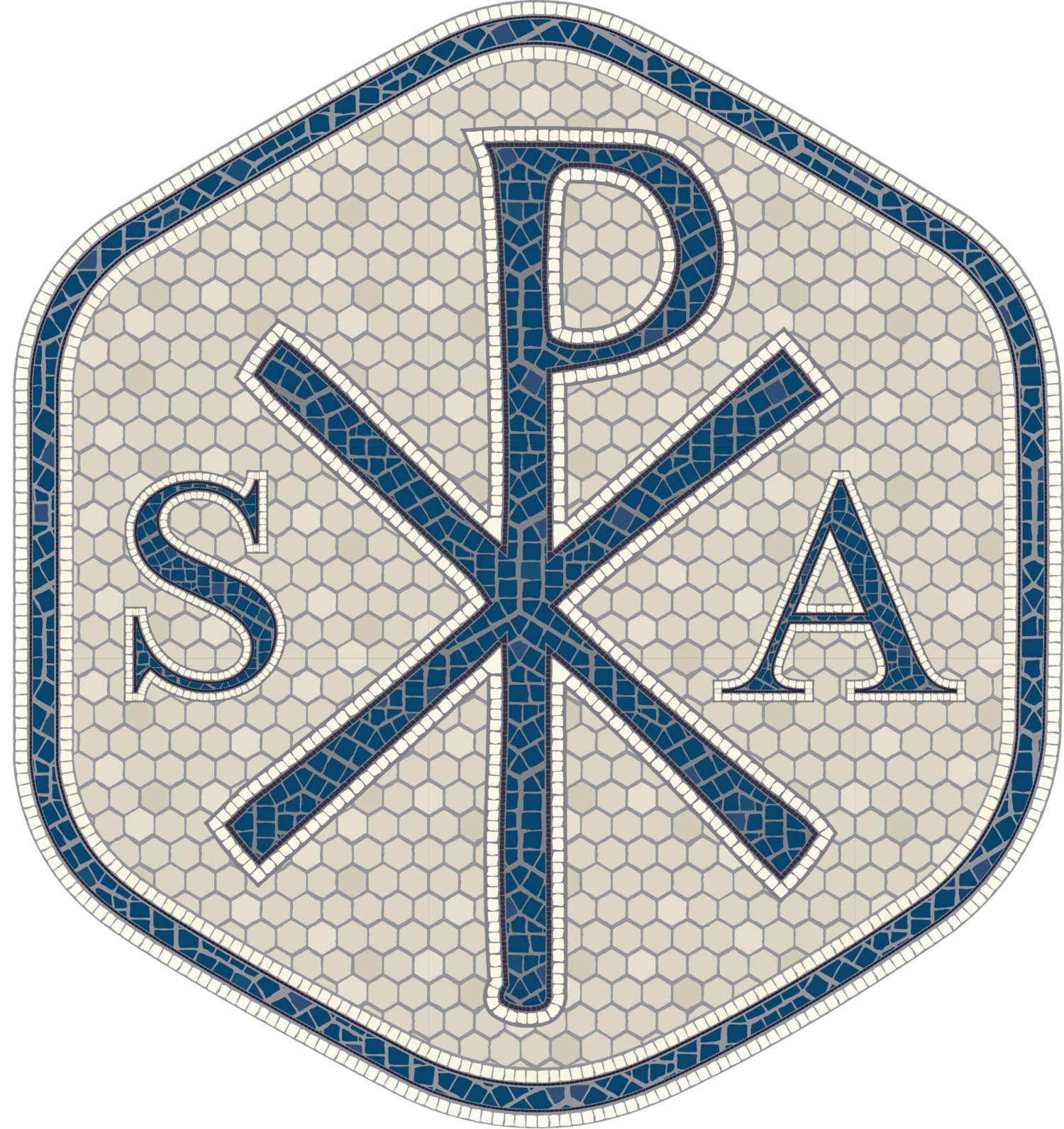On the Lectionary
We believe in a God who speaks to his people. Maybe even more than that, we believe in a God who is known to us by his Word, so much so that apart from his word(s) we cannot know him. What this means is that when you read the Bible you aren’t just reading someone’s interpretation of things God has said, but you are reading his very words. This is what makes Jesus coming as the Word made flesh so significant because he comes as God himself, to speak to his people in the flesh, that they might know him. So to know God’s Word, is to know Christ, and to know Christ is to know God.
These truths are why God’s Word has always been treasured by his people. This Word has been passed down from generation to generation, with some people’s entire jobs being to transcribe his words so that it isn’t lost. In the time of the temple, God’s people would gather every Saturday to hear God’s Word read. It was the only time they could hear it because they did not have scrolls of their own in their homes. The practice of reading the scriptures when gathered for weekly worship continued into the life of the church. When God’s people gather, they gather to hear God speak to them, and God speaks through his Word. This is the foundational why, of why we read God’s Word and why it plays a primary role in our weekly liturgies. We cherish God’s Word because we cherish God.
On The Lectionary
One might ask, how do we decide which of God’s words to read in a given week? The Bible is massive, where do we start? Well as early as the 4th century, the church began writing a weekly lectionary, which was a reading plan to read through most of the Bible publicly in worship every three years. By the mid-5th Century, Musaeus of Marseille was already organizing the readings around the church calendar. In a given week there are selected readings from the Old Testament, Psalms, New Testament, and Gospels.
The three year cycle of the lectionary is broken down like this:
Year A: Genesis through Judges, Matthew
Year B: The Davidic Covenant and Wisdom literature, Mark
Year C: The prophets – Elijah, Elisha, Amos, Hosea, Isaiah, Jeremiah, Joel and Habbakuk, Gospel of Luke
John’s Gospel is Read throughout Lent.
Saint Andrew’s Practice
While today there are a few different lectionaries out there, there is a lot of overlap between them. The Lectionary that we follow is used by most protestant traditions (Lutheran, Anglican, Presbyterian) and is called the Revised Common Lectionary. There are a couple variations we make from this standard practice in our worship services.
Our Psalm reading comes during our call to worship and through the occasional song.
During our scripture reading portion of the liturgy we only have two passages read, an Old Testament and New Testament reading. When we are preaching from one of the Gospels, we count that as our Gospel reading and the other readings come from the lectionaries OT and NT selections. When I am preaching from the OT, our scripture readings come from the NT and Gospels. So in any given service we follow our ancient tradition and will have readings from the Psalms, OT, NT, and Gospels.
Another important part of this practice is that we stand when God’s Word is read. For much of the church’s history they stood for the entire service (some traditions still do this). Sitting in the presence of God was seen as dishonoring much like sitting in the presence of the king was dishonoring. So we stand because we recognize we are hearing from our great King every time his Word is read.
Why Follow the Lectionary when we have Bibles we can read at home?
We might say, it makes sense for the early church and Old Testament Jews to read the Bible weekly when they gather because they didn’t have a Bible of their own to read, but we do now, so why does it matter? For several reasons it still very much matters.
It roots us with the ancient traditions that have always been a part of God’s people. When we gather to worship, we gather to hear God speak. Let’s let him speak to us as he has revealed himself, in his Word.
It unites us with the catholic (all believers) church around the world. We say every week that we believe in the holy catholic church, but practically what does that mean? In part it means that we try to join with the catholic church in worship practices wherever we are able. One of those practices is in the reading of God's Word. Think about how amazing it is that on any given Sunday there are Christians around the world, hearing God say the same things to them. Unity in the church won’t come from good feelings, it will come from unity around God’s Word.
It puts the climax of our service into perspective. Our services are meant to reach their height around the table where we feast on the Word made flesh. After hearing God’s Word read, expounded, and prayed, we come to eat the Word that it might dwell in us.
If we are going to be shaped more by God than the words of the world, it means our worship needs to be saturated with his Word. May the words of Christ dwell in us richly each week through our songs, prayers, preaching, and feasting, with thankfulness in our hearts, that all our deeds in the world might be framed around the God who has created all things by the power of his Word.

